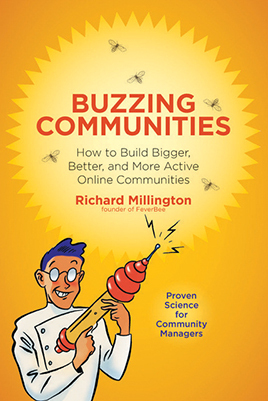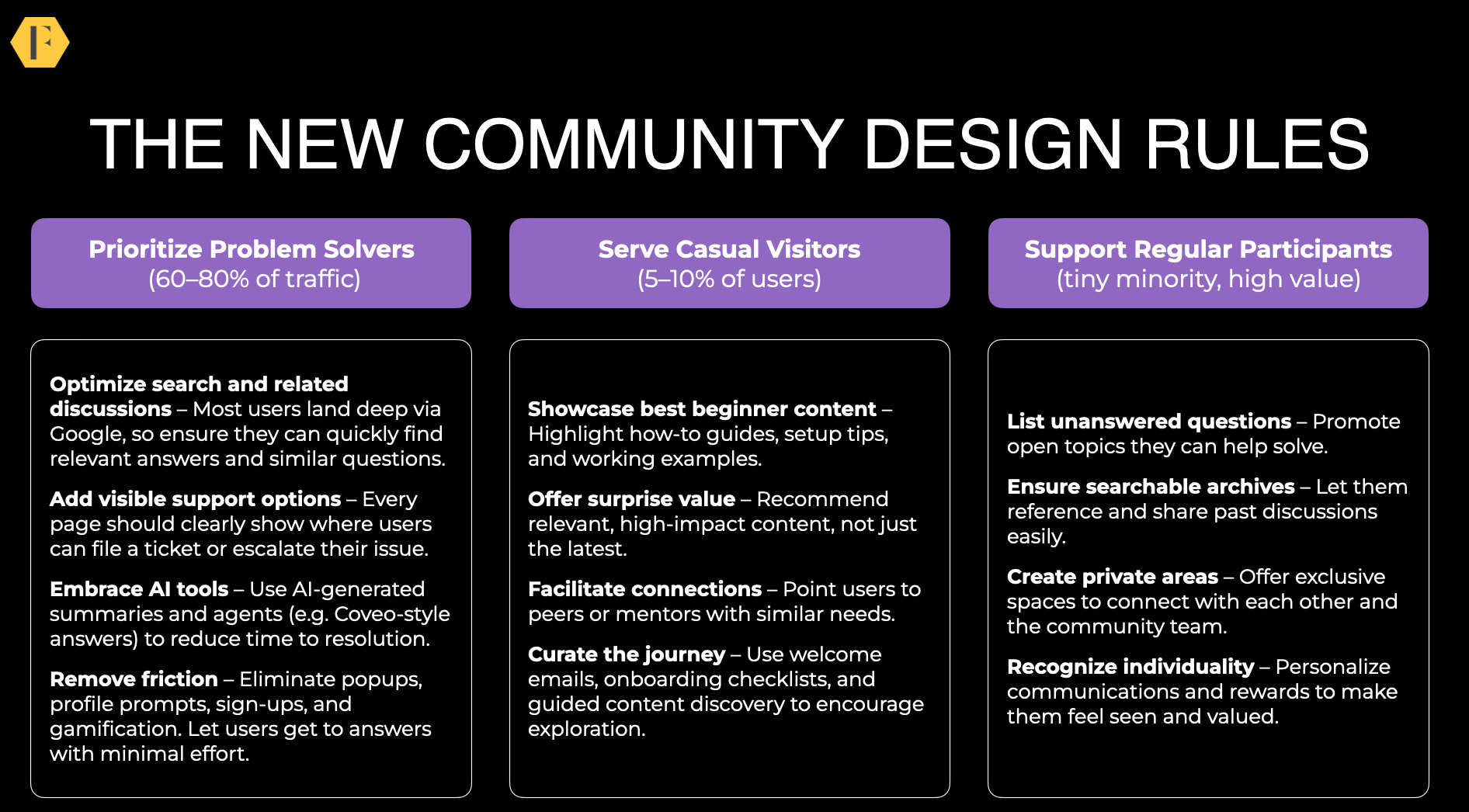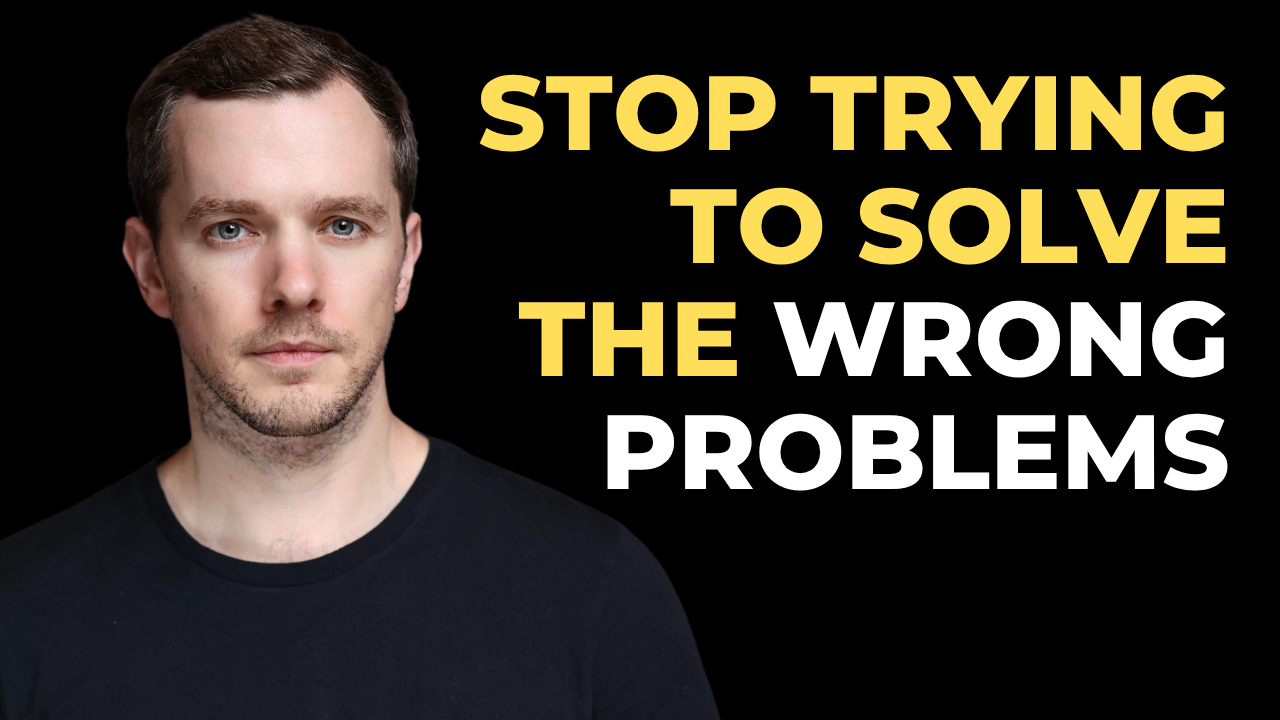Wistia moved their community to Slack.
Slack (or any chat-room) is terrific for encouraging participation.
It offers frictionless participation, real-time feedback, less mental energy, stronger familiarity between members etc…You can make some interesting integrations too with Zapier and other tools.
The best Slack channels have a large group of people with the channel open who are happy to dive into discussions at any moment. That’s a powerful real-time feedback group to help you with any problem. Slack prioritizes the level of activity and sense of community above all else.
When a sense of community is king, Slack is your castle.
But it’s less good for building up a useful knowledge base. The same questions might be repeated endlessly. Knowledge is lost once it rolls off the edge of the top of the page. You lose your search traffic (which accounts for 70%+ traffic in many communities). It’s harder to shine attention on your stars or build content on top of it.
People can’t easily learn from what others have done before. It’s terrible for lurkers (who comprise the bulk of membership). And if you’re based in an awkward time-zone, you’re largely excluded from discussions.
This ultimately comes down to a single decision. Is your priority on the smaller group of people that do participate in communities or on the larger group of people that don’t?





